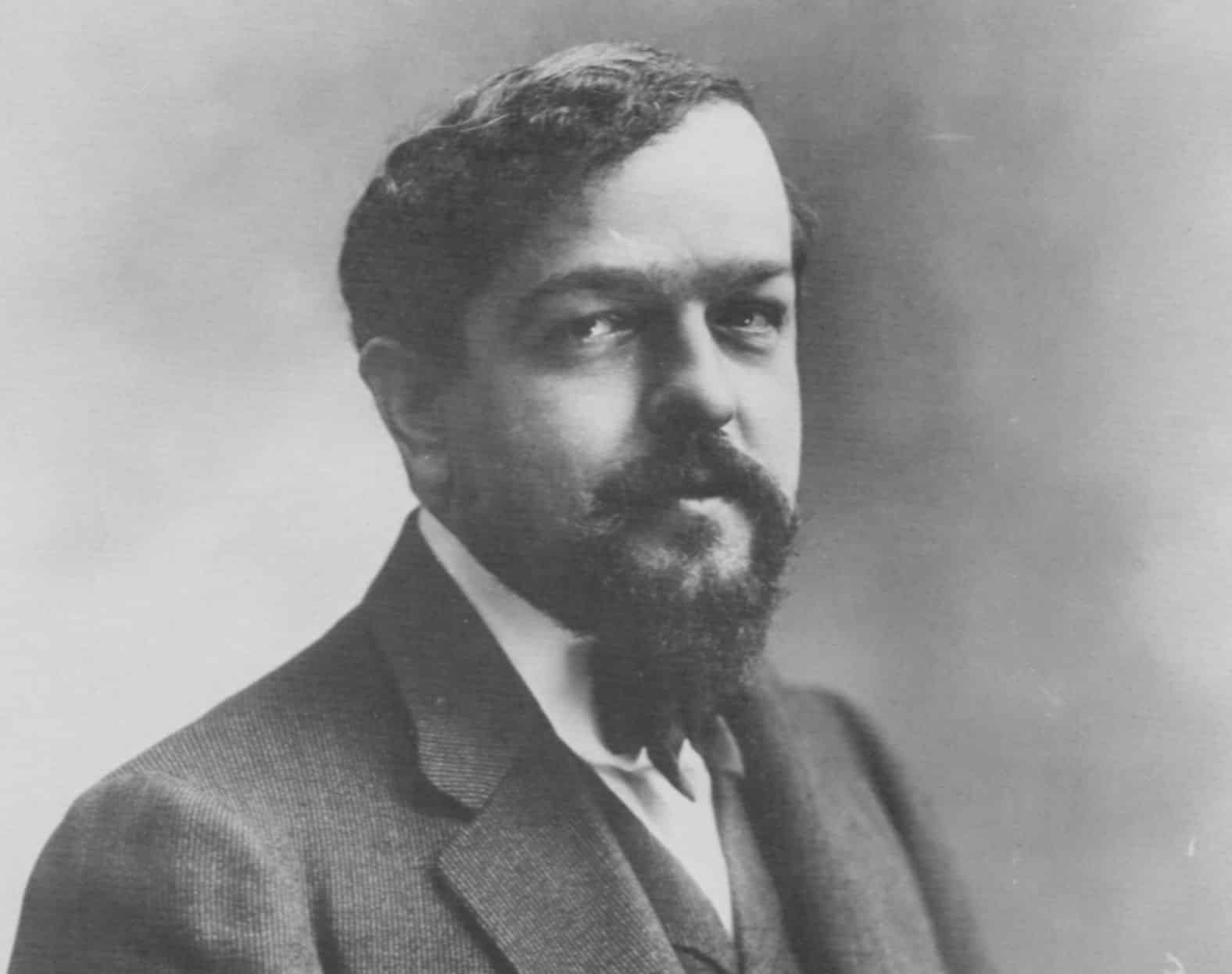Claude Debussy, a French composer of the late 19th and early 20th centuries, is renowned for his groundbreaking contributions to the world of classical music. His innovative and impressionistic style had a profound influence on the development of modern music. Here are ten interesting facts about Claude Debussy:
- Early Life and Education: Claude Debussy was born on August 22, 1862, in Saint-Germain-en-Laye, France. He displayed an early aptitude for music and began his formal musical education at the Paris Conservatoire at the age of ten.
- Break from Tradition: Debussy’s music was a significant departure from the Romantic era, which preceded him. He sought to break free from the strict rules and structures of classical music, paving the way for the Impressionist movement in music.
- Impressionism in Music: Debussy is often associated with Impressionism, a style that emphasizes mood, atmosphere, and the evocation of sensations rather than strict narrative or structure. His compositions aim to create sonic landscapes and are often described as “musical watercolors.”
- Influence of Art and Literature: Debussy drew inspiration from the visual arts, particularly the works of the Impressionist painters like Monet and Degas. He was also inspired by Symbolist poetry and literature, incorporating these influences into his compositions.
- La Mer: One of Debussy’s most famous works, “La Mer” (The Sea), is a symphonic suite that vividly captures the ever-changing character of the ocean. It remains a masterpiece of Impressionist music and a favorite of classical music enthusiasts.
- Debussy and the Pentatonic Scale: Debussy frequently used the pentatonic scale, a five-note scale often associated with Asian and folk music. This scale contributed to the unique and exotic quality of his compositions.
- Innovative Harmonies: Debussy’s harmonic language was revolutionary. He utilized whole-tone scales and parallel harmonies, avoiding traditional chord progressions. His approach to harmony influenced many 20th-century composers, including Ravel and Stravinsky.
- Influential Piano Music: Debussy composed numerous pieces for the piano, including the famous “Clair de Lune.” His piano music showcases his mastery of harmony, rhythm, and timbre, making it a favorite among pianists and listeners alike.
- Late Works and Debussy’s Illness: Debussy’s later compositions, such as “Sonata for Flute, Viola, and Harp” and “Cello Sonata,” are known for their concise and evocative style. During this period, he was battling cancer, which ultimately led to his untimely death in 1918 at the age of 55.
- Enduring Legacy: Claude Debussy’s influence on 20th-century music is immeasurable. His innovations in harmony, structure, and orchestration continue to shape the work of contemporary composers. His legacy is celebrated not only in classical music but also in film, television, and various other artistic mediums.


Comments are closed